Eggs are one of the most versatile and nutritious foods out there, but is it really necessary to add oil or butter to make eggs? If you’re looking for a healthier way to enjoy eggs or simply want to cut down on fat in your diet, you’re in the right place.
In this guide, I’ll show you how to cook eggs without oil or butter while still maintaining their flavor and texture. Let’s dive in!

Table of Contents
Toggle6 Different Ways to Cook Eggs Without Oil (Step by Step)
These six methods describe how to cook eggs without oil or butter. These different ways to cook eggs are easy to follow and result in delicious recipes, that is liked by all.
1. Hard-Boiled Eggs

How to Make Hard Boiled Eggs:
Place raw eggs in a pot and fill it with cold water, one inch above the eggs.
Now, heat the water to a boil and then reduce to a simmer.
Cook for 9-12 minutes, depending on your desired yolk consistency.
Cool the eggs in an ice bath before peeling.
2. Soft-Boiled Eggs

How to Make Soft-Boiled Eggs:
Follow the same steps as hard-boiled, but cook for 6-7 minutes.
Cool slightly and serve warm for a runny yolk.
3. Scrambled Eggs

How to Cook Scrambled Egg without Oil:
Preheat a non-stick pan over low heat.
Whisk eggs with a splash of water or milk for fluffiness.
Cook gently, stirring continuously, until they reach your desired consistency.
Related Post: How To Cook Scrambled Eggs In Stainless Steel Pan?
4. Fried Eggs

Use a non-stick or well-seasoned cast-iron pan.
Preheat the pan on low to medium heat.
Crack the egg directly into the pan and cover it with a lid to cook evenly.
5. Poached Eggs

How to Make Poached Egg without Oil:
-
Heat water in a pan until just simmering.
-
Add a teaspoon of vinegar to help the egg hold its shape.
-
Now, crack the raw egg into a small bowl, then gently slide it into the water.
-
Cook for about 3-4 minutes, then remove the poached egg with a slotted spoon.
6. Omelets

How to Make Omelette without Oil:
Preheat a non-stick pan on low heat.
Whisk eggs and pour them into the pan.
Cook slowly, adding fillings like veggies or cheese if desired.
How Do You Prevent Eggs from Sticking to the Pan Without Oil?
Cooking eggs may seem like a child’s play. If you are learning to cook eggs you need to be careful, because you might face a very common problem of eggs sticking to the pan. Adapting these methods in cooking lessons may help you with eggs and pan:
- Always preheat the pan properly before adding the eggs.
- Use a high-quality non-stick or well-seasoned pan.
- Avoid using an old or damaged cooking pan.
- When cooking scrambled, stir the eggs continuously and cover fried eggs for even cooking.
Also See: 19 Foods That Will Never Make You Fat
What Type of Pan Works Best for Oil-Free Egg Cooking?
Choosing the right pan is crucial for cooking eggs without oil. Here are your best options:
Non-Stick Pans: It is an ideal utensil for frying or scrambling without sticking.
Cast-Iron Pans: When well-seasoned, a cast-iron pan can be excellent for oil-free cooking.
Ceramic-Coated Pans: It is best known for its non-toxic and non-stick properties. It is considered a best alternative to cast-iron pans.
What Temperatures Should the Pan Be for Cooking Eggs Without Oil?
Apart from choosing the right pan for cooking eggs without oil, knowing correct cooking temperature is also an important factor.
- Hard-Boiled Eggs: Bring a pot of water to a rolling boil (around 212°F or 100°C).
- Soft-Boiled Eggs: Gently simmer the water (around 185-195°F or 85-90°C) for the desired yolk consistency.
- Scrambled Eggs: Medium heat (around 250-300°F or 120-145°C) in a cast-iron or non-stick pan is ideal for gentle cooking and preventing sticking.
- Fried Eggs: Medium-high heat (around 325-350°F or 160-175°C) is crucial for a good sear in a cast-iron pan. Non-stick pans may require slightly lower heat to prevent burning.
- Poached Eggs: Gently simmering water (around 185-195°F or 85-90°C) is essential for a slow and gentle cook.
- Omelets: Medium heat (around 250-300°F or 120-145°C) allows for even cooking and prevents the eggs from setting too quickly in a cast-iron or non-stick pan.
How Long Does It Take to Cook Eggs Without Oil Compared to Using Oil?
- Hard-boiled: Similar cooking times with or without oil.
- Soft-boiled: Less time taken than hard-boiled eggs.
- Scrambled Eggs: May take slightly longer without oil due to slower heating.
- Fried Eggs: Can take slightly longer without oil to achieve the desired doneness.
- Poached Eggs: Cooking times are generally similar.
- Omelets: May take slightly longer without oil, depending on pan temperature and technique.
How to Make Your Oil-Free Eggs Taste Good
You can use any type of seasoning or toppings you like to enhance the flavor of your oil-free eggs recipe. The most common and healthy option preferred are —
- Seasoning: Salt, pepper, herbs, and spices.
- Toppings: Fresh herbs, salsa, or avocado slices.
- Cooking Liquids: Replace oil with a splash of broth, milk, or water for keeping eggs moist and soft.
Nutritional Differences Between Eggs Cooked With Oil and Without Oil
The nutritional difference between eggs recipes cooked with or without oil is very simple to determine. It is the non-usage of any type of cooking oil, butter or ghee.
Avoiding the fat nutrients (cooking oil, ghee or butter) reduces unwanted calories and fat content significantly.
If you add 1 teaspoon of oil in cooking pan, it adds about 40 calories and 4.5 grams of fat. While cooking without oil helps to retain the egg’s natural nutrients without adding extra fat.
How to Cook Eggs without oil in Microwave?
# Can You Microwave Eggs Without Oil? (And Is It Safe?)
Yes, microwaving eggs is safe and effective. Use a microwave-safe bowl and add a little water or milk to prevent dryness.
# Can You Bake Eggs Without Oil?
Yes, baked eggs are delicious and oil-free. Use a non-stick muffin tin or line it with parchment paper for easy cleanup.
Conclusion
Well there you have your answer for — How to cook eggs without oil!
Cooking eggs without oil is not only possible but also a healthier alternative that doesn’t compromise on taste. With the right tools and techniques, you can master different ways to cook eggs oil-free like boiling, scrambling, poaching, and even frying.
Remember, it’s all about choosing the right pan, managing temperatures, and adding flavor creatively.
So, is it really necessary to add oil or butter to make eggs? Not at all! Try these methods, and you’ll see that oil-free eggs can be just as delicious and satisfying.
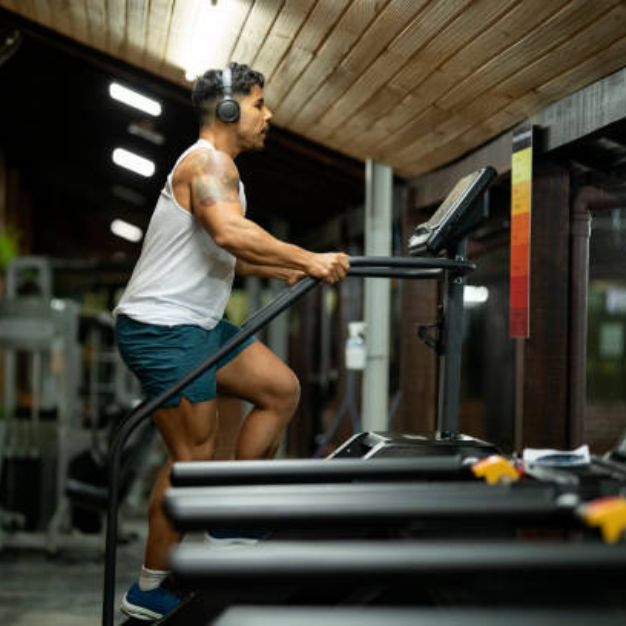
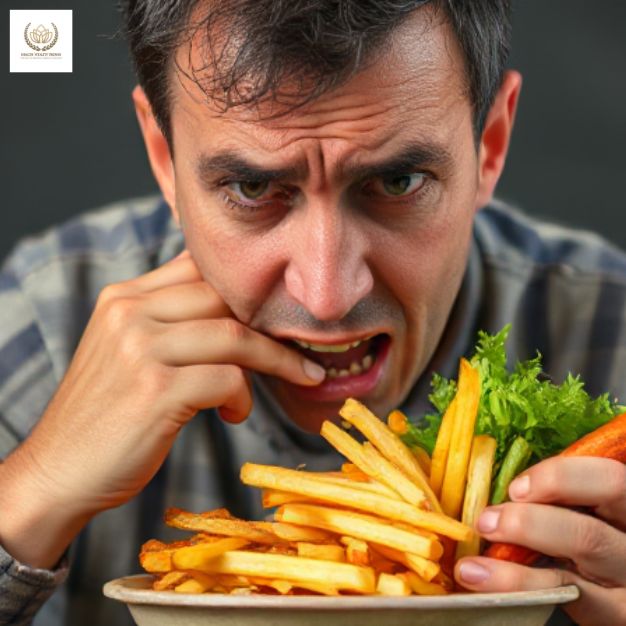
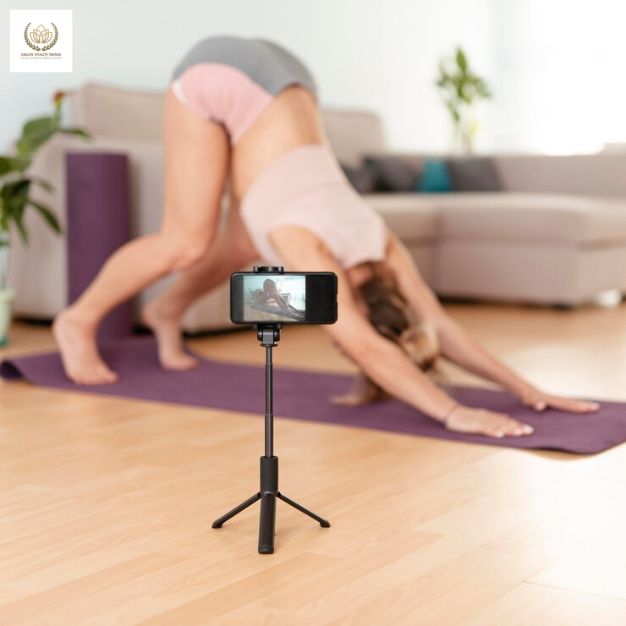
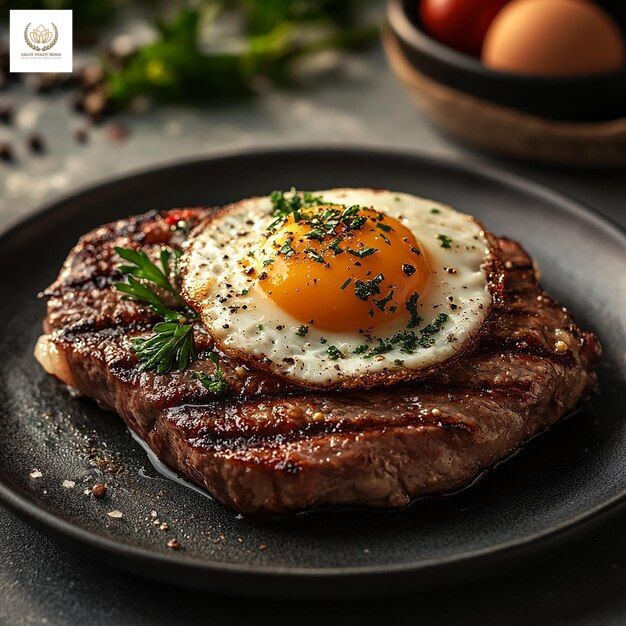

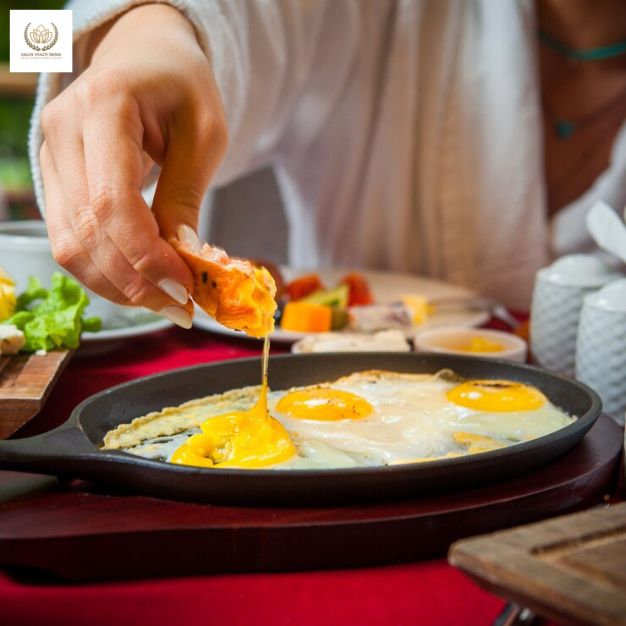
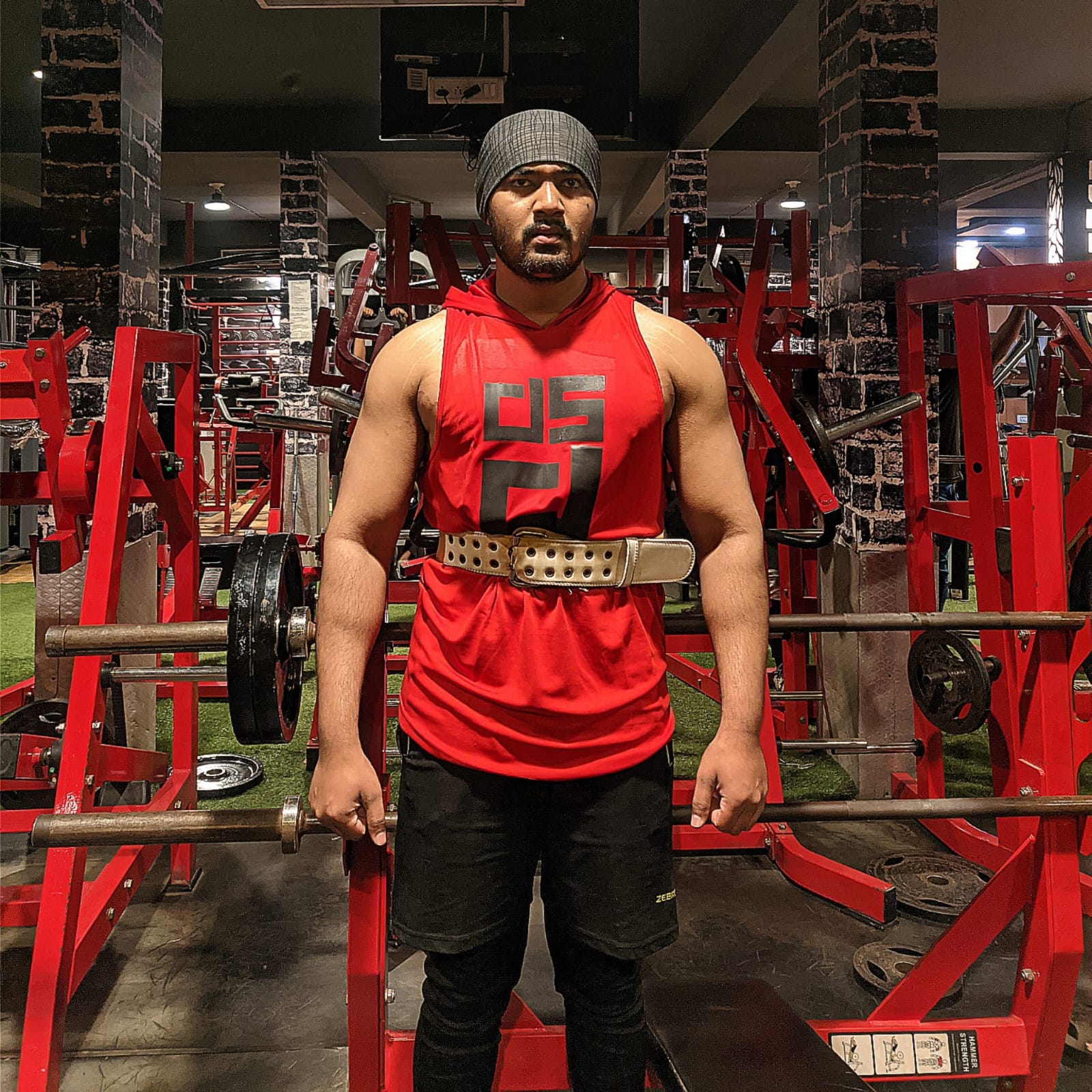
Leave a Reply